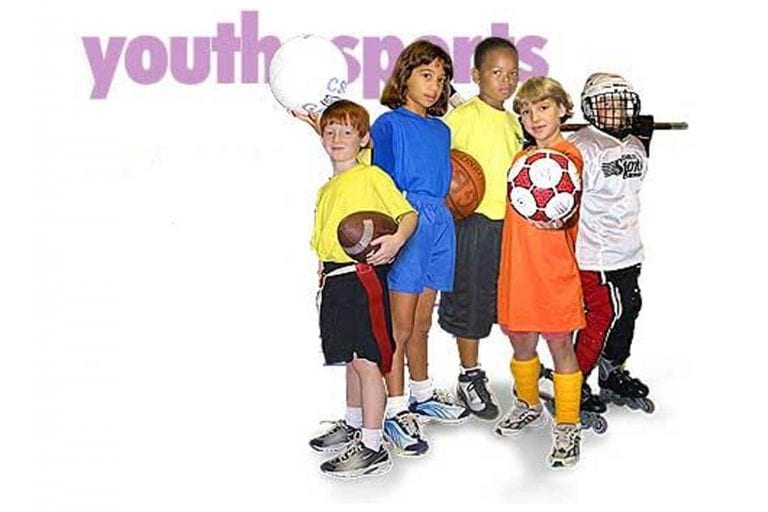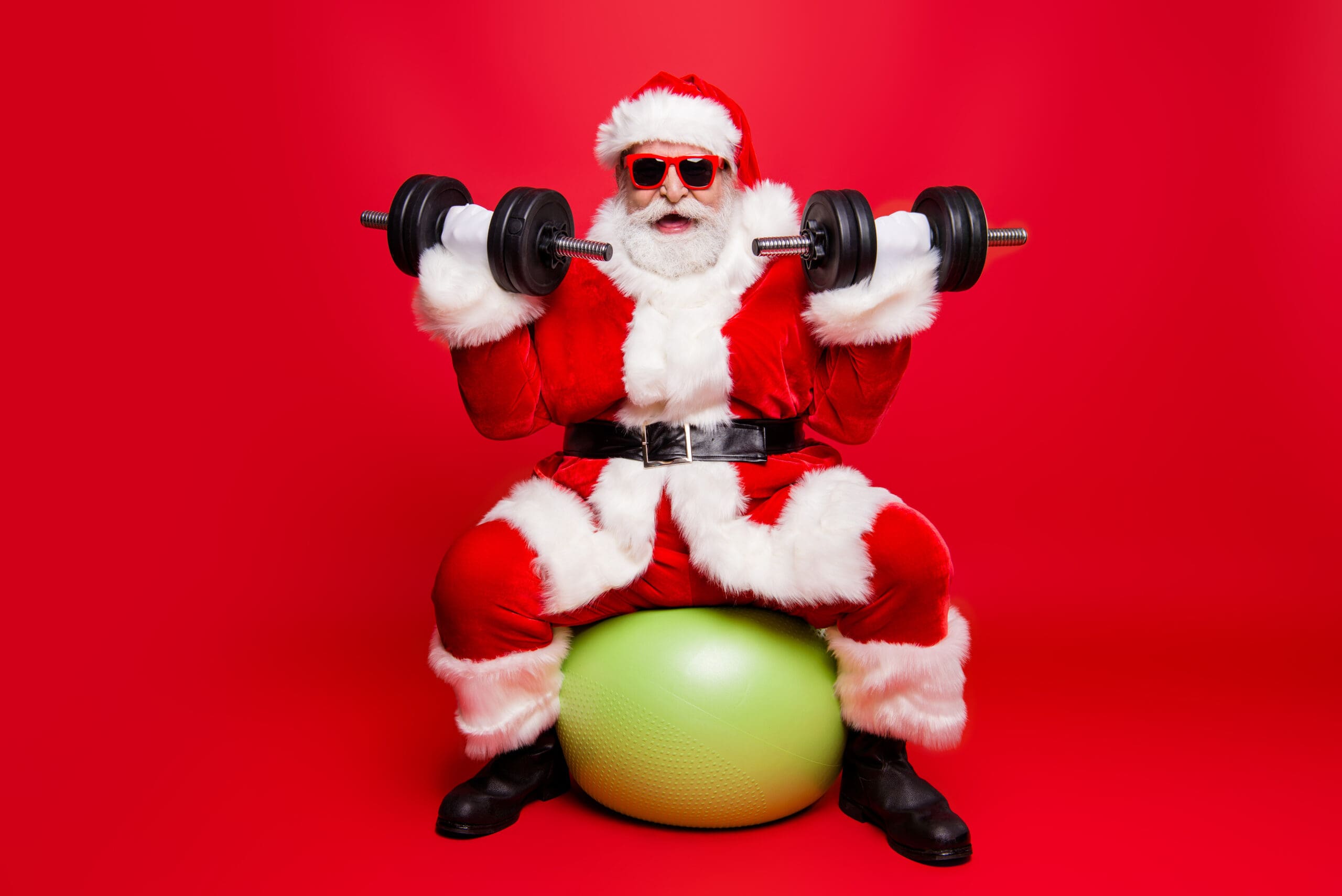It is becoming more and more popular for parents and guardians to invest strongly in their children’s athletics. For most, it is not only seen as an investment in their child’s physical health and wellness, but also a great way for them to interact with peers, and potentially develop a lifelong passion for a particular sport which may further aspects of their educational careers as well through scholarships. With so many benefits, and so much potential ahead of your child, it makes sense to develop these habits at a young age. But the common question is, what age should my child start?
It’s easy to just throw an age number out there… 10 years old? 14 years old? There must be some magic number that makes it “safe” for my child to participate in some type of training program. This is a common misconception as every child is unique, has had a different set of experiences, and come from different backgrounds. In my experience, some youth athletes are serious enough by the age of 8, while others need to go through a much greater maturity and might need to wait until closer to their high school years. As a whole, it’s appropriate for any age to start “training”, as long as that training focuses on the correct principles for that age group.
Individuals don’t typically start to see musculoskeletal growth until closer to the end of puberty, somewhere in the 15-18 range. This doesn’t mean that they can’t get stronger; it just means they won’t necessarily look “bulked up.” Regardless of the age of the individual, every person first gains strength through improving coordination pathways. When these pathways are strong and efficient, the individual will become faster, stronger, powerful, and overall more coordinated. This is why training movement patterns, as opposed to just training specific muscles, shows the greatest amount of improvement in all individuals, especially youth’s. If you can get kids to focus on foot speed, core strength, power and coordination, and developing these movement patterns, when their bodies are able to gain muscle it will happen quickly because it will already feel natural to them. The earlier these movement patterns begin, the less likely it is your athlete will develop imbalances and injuries over the life of their athletic careers.





